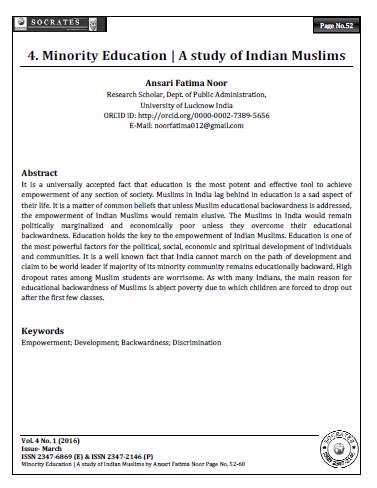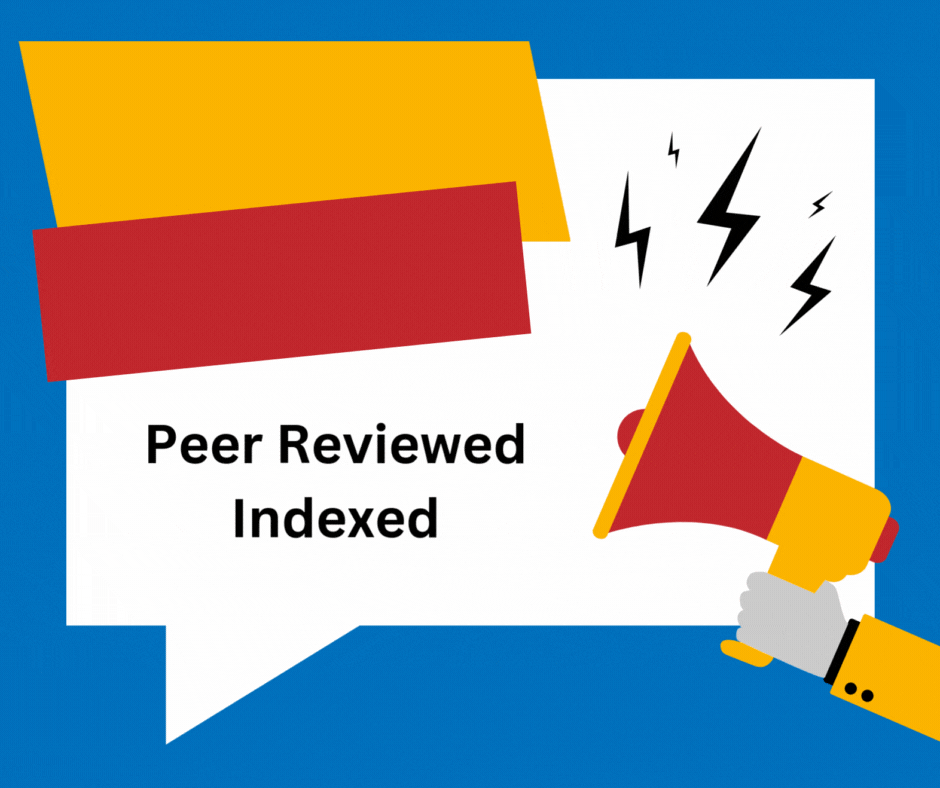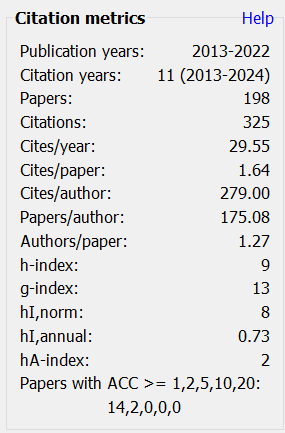Minority Education | A study of Indian Muslims
Keywords:
Empowerment, Development, Backwardness, DiscriminationAbstract
It is a universally accepted fact that education is the most potent and effective tool to achieve empowerment of any section of society. Muslims in India lag behind in education is a sad aspect of their life. It is a matter of common beliefs that unless Muslim educational backwardness is addressed, the empowerment of Indian Muslims would remain elusive. The Muslims in India would remain politically marginalized and economically poor unless they overcome their educational backwardness. Education holds the key to the empowerment of Indian Muslims. Education is one of the most powerful factors for the political, social, economic and spiritual development of individuals and communities. It is a well known fact that India cannot march on the path of development and claim to be world leader if majority of its minority community remains educationally backward. High dropout rates among Muslim students are worrisome. As with many Indians, the main reason for educational backwardness of Muslims is abject poverty due to which children are forced to drop out after the first few classes.
Downloads
Metrics
References
Bhatty, Z. (1996). Stratification Among Muslims in India in M N Srinivas.Caste : Its Twentieth Century Avatar. : Viking, Penguin Books India.
Engineer, A Ali. (2002), Indian Muslims and Education Secular Perspective, July 1-15.
Fahimuddin, (2004). Modernization of Muslim Education in India. Adhyayan Pub. Delhi: Adhyayan Pub. Delhi.
Pandey, S. P., Singh, S. K., & Ahmad, (2007). Ishtiaq (2007) : Educational Empowerment of Muslim Girls. New Royal Book Company Lucknow
Sachar, Rajender, Report (2006 )- Prime Minister High Level Committee On Social, Economic And Educational Status Of Muslim Community Of India.

Downloads
Published
How to Cite
Issue
Section
License
Revised Copyright/CC license that applies to all the articles published after 05-02-2017
Attribution-NonCommercial 4.0 International (CC BY-NC 4.0)

Copyright/CC license that applies to all the articles published before 05-02-2017
Attribution-Non Commercial-No Derivatives 4.0 International (CC BY-NC-ND 4.0)

Author(s) will retain all the right except commercial and re-publishing rights. In the case of re-publishing, they will have to obtain written permission from the journal. Additional licensing agreements (Creative Commons licenses) grants rights to readers to copy, distribute, display and perform the work as long as you give the original author(s) credit, they can not use the works for commercial purposes and are not allowed to alter, transform, or build upon the work. For any reuse or distribution, readers and users must make clear to others the license terms of this work. Any of these conditions can be waived if you get permission from the copyright holders. Nothing in this license impairs or restricts the authors’ rights. To view a copy of this license, visit http://creativecommons.org/licenses/by-nc-nd/4.0/ or send a letter to Creative Commons, 171 Second Street, Suite 300, San Francisco, California, 94105, USA.
Research Papers published in SOCRATES are licensed under an Attribution-NonCommercial-NoDerivatives 4.0 International (CC BY-NC-ND 4.0)












